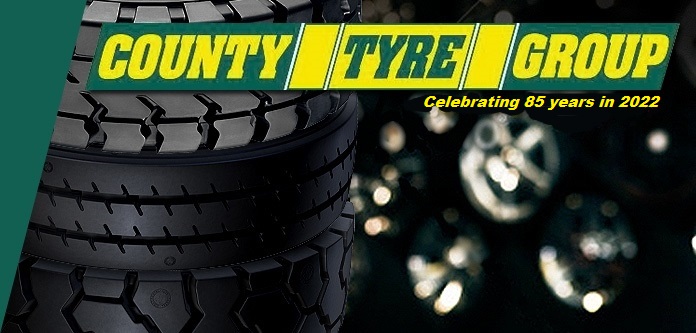Safety Tips
Making the most of your tyres
Your tyres are the only contact that your vehicle has with the road and they play a vital role in ensuring that your journey is a safe one. Not only must they support the weight of the vehicle but your tyres must respond to acceleration, braking and steering forces – as well as absorbing the impact of bumpy, uneven roads. Surely they deserve a little TLC?
Tyre Pressure
- Check and adjust tyre pressures regularly – each month the average tyre loses about a pound of air pressure.
- See your vehicle handbook for the correct tyre pressure – under-inflation can cause rapid and irregular tread wear, over heating and increased fuel consumption, whilst over-inflation can damage the structure of the tyre.
- Only check tyre pressure when your tyres are cold – never during or after a journey.
- Tyre valves should be replaced whenever your tyres are changed as the valve rubber will perish with age.
- Don’t forget to check the spare.
Tread Depth
- Worn tyres reduce the effectiveness of braking, steering and acceleration, particularly in the wet.
- Check the tread depth of your tyres. The minimum legal tread depth is 1.6mm, however 3mm will give you safer, more efficient tyres.
- If you don’t have a tyre tread depth gauge, a top tip is to insert the border of a 20p piece into the grooves to see if your tyres are above or below 3mm.
- Worn tyres are not only dangerous, they are illegal – you could face a fine of up to £2,500 plus 3 penalty points per tyre.
External Damage
- Check for punctures or cuts in the tyre caused by impact damage from objects in the road or nails.
- Check for sidewall damage such as splits or bulges, this sort of damage can result in sudden tyre failure so see a tyre specialist as soon as possible.
- Have your tyres checked if the vehicle has been involved in an emergency manoeuvre like sudden and heavy braking as this can cause serious damage.
Wheel alignment and balance
- If your wheels are out of balance you may notice your steering wheel starts to wobble above a certain speed and you may experience a vibration, making it uncomfortable to drive.
- Out of balance wheels result in premature wearing of suspension and steering components, rotating parts and tyres.
- As a result of wheel balancing, you should notice a smoother ride and better wear from your tyres.


